Education, government, industry alliances give root to innovation
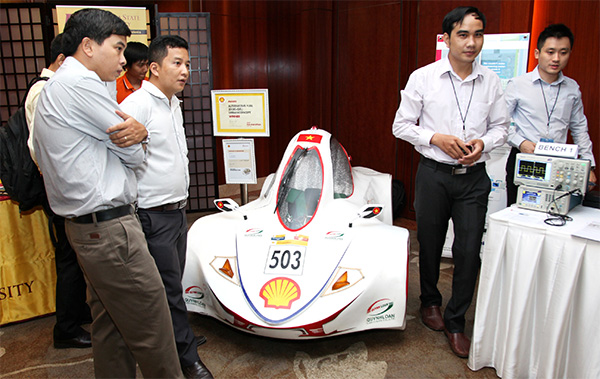 |
| Students from Dong-Nai-based Lac Hong University presented their alternative fuel car during the conference. The car can travel 24 miles on one litre (one quarter gallon) of methanol, and won first place in the Shell Eco-marathon Competition for the Asian region. Photo courtesy of HCMUTE. |
Held last month in Ho Chi Minh City in a partnership between Arizona State University’s Higher Engineering Education Alliance Program (HEEAP) and Ho Chi Minh City University of Technology and Education (HCMUTE), VEEC attracted more than 380 participants from 85 organisations and featured two days of interactive plenary sessions, panel discussions and technical sessions.
“This year’s conference focused on workforce competitiveness - how we can train engineers not only to be highly qualified, but also to be adaptable,” said Ha Huu Phuc, general director, chief of the Vietnam Ministry of Education and Training South Representative in Ho Chi Minh City. “Collaborations between education and industry will help Vietnam meet labour needs for the Association of Southeast Asian Nations (ASEAN) in an emerging global economy.”
“As Vietnam moves toward growing its economy in alignment with the Asean Economic Community (AEC) and the Trans-Pacific Partnership (TPP), it is vital that academic engineering programmes continue leveraging public-private alliances to ensure that higher educational systems produce workforce-ready engineering graduates with international accreditation,” said Jeffrey Goss, HEEAP executive director. “HEEAP, the US Agency for International Development and industry partners supported HCMUTE in its quest to become the first Vietnamese university to be accredited by the Accreditation Board for Engineering Technology (ABET). That support continues through student scholarships, curricula innovation, conferences, training for Vietnamese faculty and leadership development.”
Technical sessions at this year’s conference addressed how to develop effective boards and councils, cultivating industry partnerships and investors, and research practices, development and assessment. HEEAP partner institutions, industry representatives within the TPP region, and US engineering educators led technical sessions.
Keynote speaker Sara Kelly, vice president, Starbucks Partner Resources for the Asia Pacific market within the China Asia Pacific Region spoke about the social responsibility of industry to increase access to higher education.
“We hire partners (employees) who are bright, warm and able to make an emotional connection with customers because our business actually depends on it,” Kelly said during her speech. “Based on our insights, we know that the most important motivation for customers choosing Starbucks is the human connection inspired by our baristas. It follows that doing more for our people makes business sense as well as being the right thing to do. The Starbucks College Achievement Plan is an initiative we have pioneered to attract motivated, talented, achievement-oriented people – and we hope other companies might eventually follow. Supporting our partners’ ambitions is the best investment Starbucks can make.”
Students from HCMCUTE – HEEAP’s partner and VEEC co-organiser – showcased projects built on technology platforms from National Instruments and Tektronix. Students from Lac Hong University showcased their electronic cars.
During his VEEC remarks, US Ambassador to Vietnam Ted Osius focused on the importance of innovation as the key to economic development. “Innovation is what keeps an economy dynamic and drives it forward,” he said.
Osius outlined a three-pronged eco-system that nurtures innovation: an educational system that encourages critical thinking, rewards creativity and prizes invention through extensive support for research; government support for research and a legal framework to protect new ideas, and a private sector that creates space for the best ideas to thrive competitively.
“In the United States, the private sector contributes 65 percent of spending on applied research,” Osius explained. “The result of the academic-government-private sector nexus is the creation of an environment that allows creativity and innovation to take root, and ultimately to power the economy.”
Osius also remarked about the importance of providing students with access to fablabs or makerspaces creative spaces that often have 3D printers, software, electronics, craft and hardware supplies and tools pointing out that there were only two such spaces last year in Vietnam. There are now four makerspaces, with others in development throughout the country.
Sherry Boger, vice president and general manager of Intel Products Vietnam, and Andrew Bell, vice president and director, educational programmes, National Instruments (USA), addressed how the Internet of Things is transforming the world and outlined its implications for the future of education.
Boger, who is responsible for ramping up Intel’s $1 billion, state-of-the-art assembly and test facility in Ho Chi Minh City, took the opportunity to speak directly to the educators in the audience. Set to employ 4,000 employees when the factory is up and running, Boger declared, “The future of Vietnam is in your hands!”
What the stars mean:
★ Poor ★ ★ Promising ★★★ Good ★★★★ Very good ★★★★★ Exceptional
Latest News
More News
- Nestlé Vietnam granted golden prize at Vietnam National Quality Awards (December 25, 2024 | 14:05)
- Pathways aplenty for Vietnam’s circular economy transition (December 25, 2024 | 13:00)
- VIMC secures Top 10 Vietnam Gold Star award via its five core values (December 25, 2024 | 11:00)
- Processed coffee in export expansion (December 25, 2024 | 09:33)
- Livestock sector may struggle to conquer $1.5 billion next year (December 25, 2024 | 09:05)
- Domestic firms under duress with new rules (December 24, 2024 | 17:06)
- Tetra Pak’s Direct UHT technology a boon for coconut industry (December 24, 2024 | 08:00)
- Vietnam's GDP growth will lead the region in 2025 (December 23, 2024 | 14:42)
- Ministry proposes extending agricultural land tax exemption through 2030 (December 23, 2024 | 11:23)
- Vietnam’s SMEs embrace digitalisation (December 20, 2024 | 16:39)




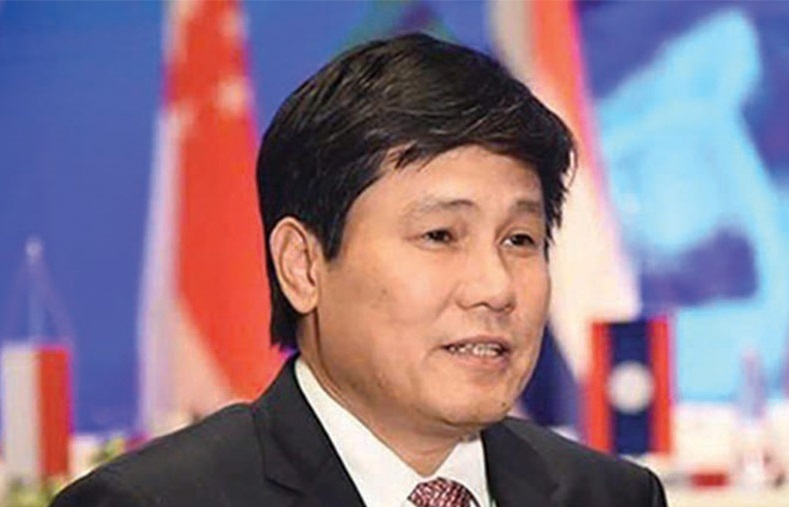
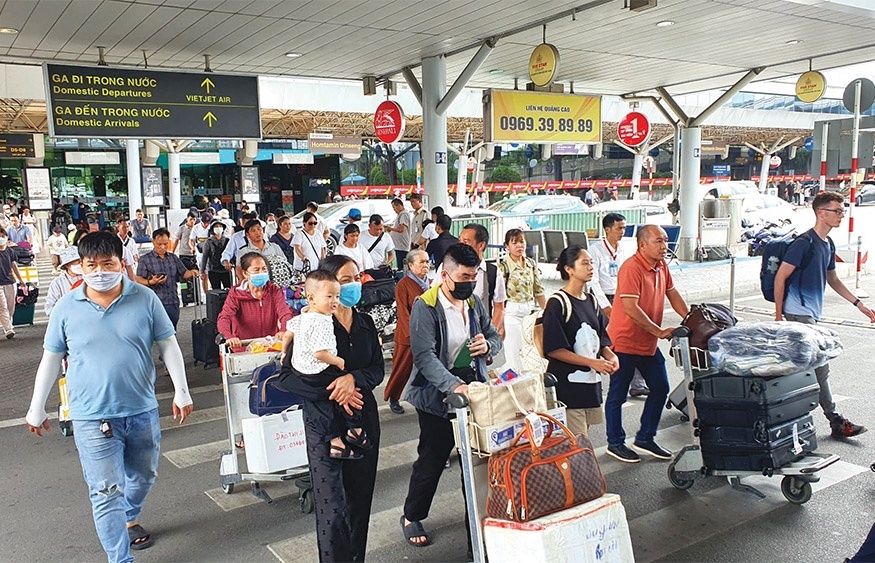
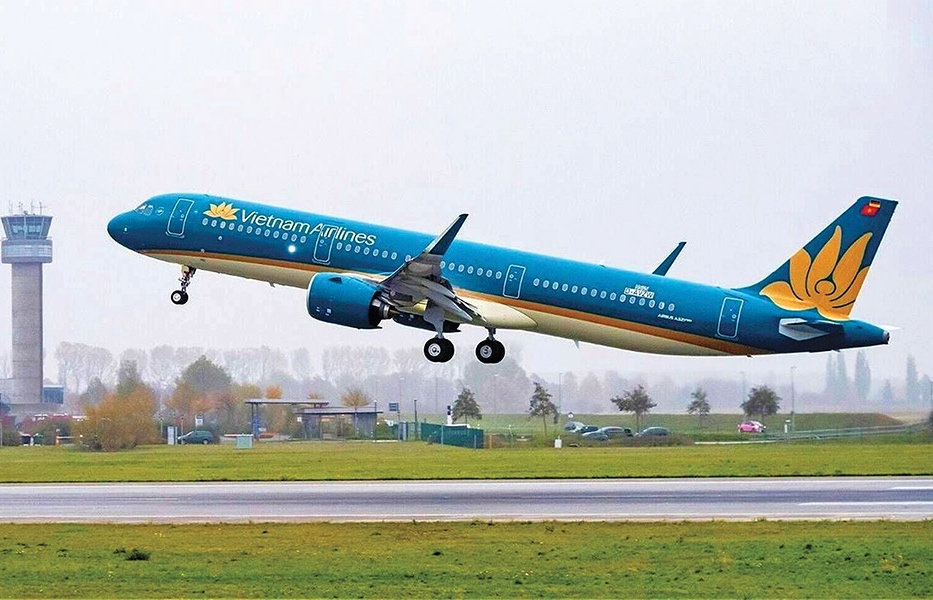
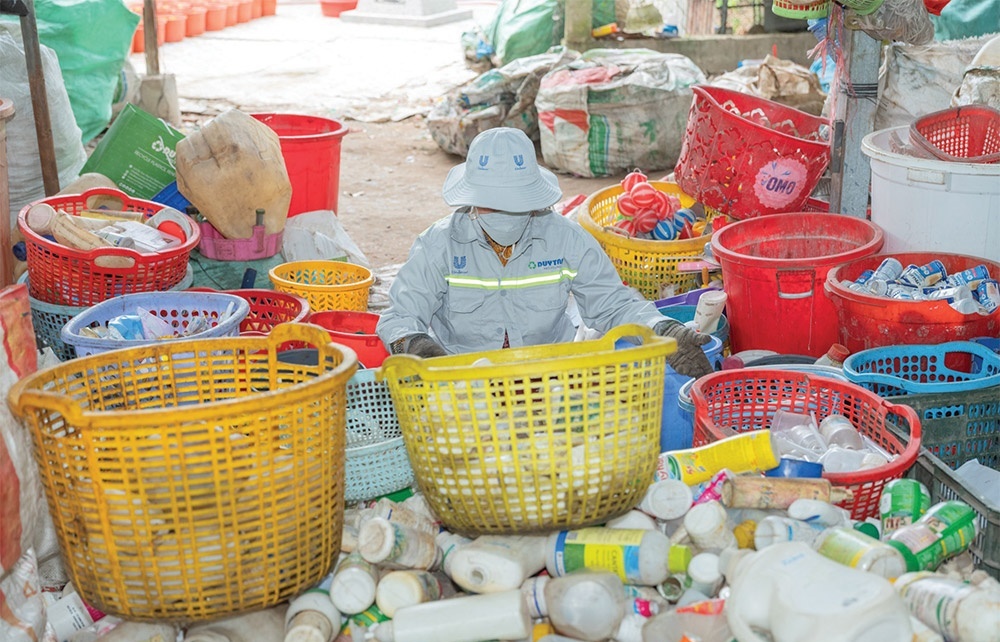




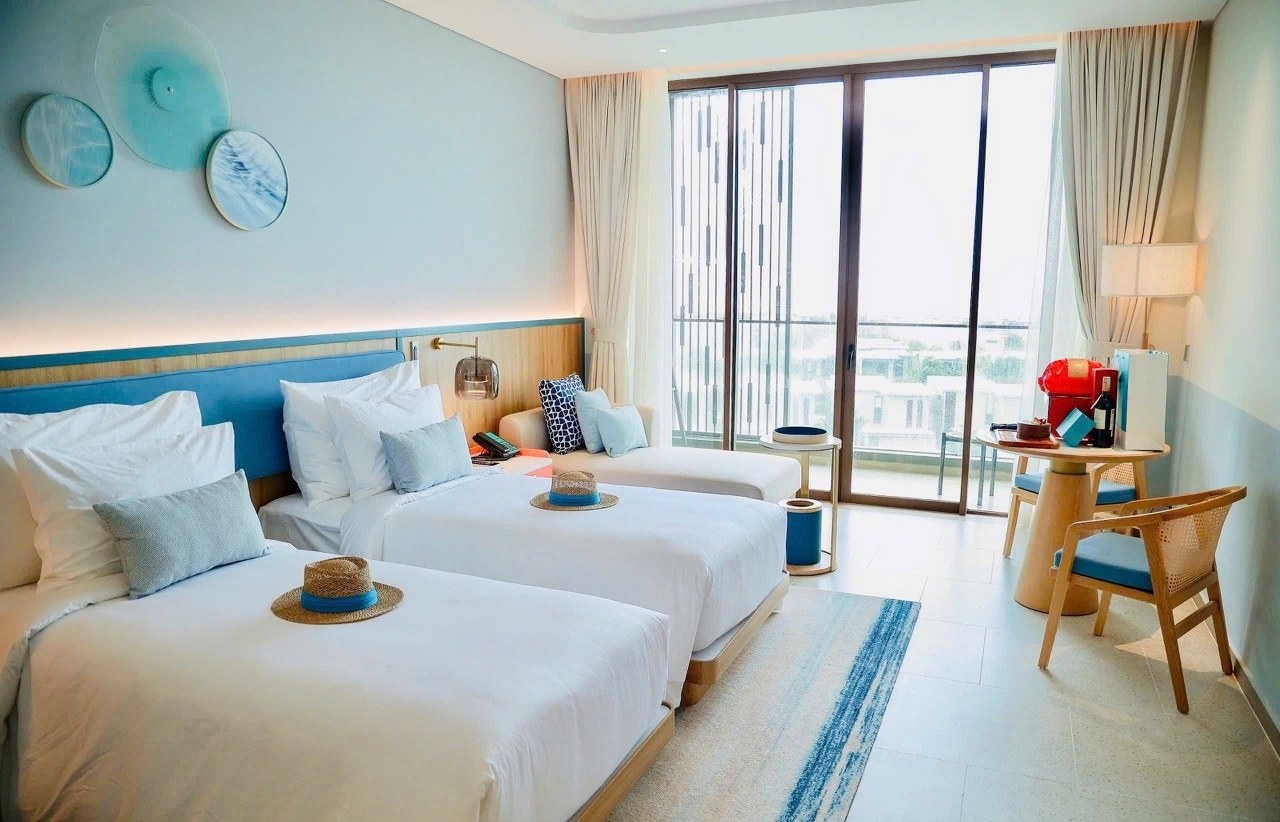



 Mobile Version
Mobile Version